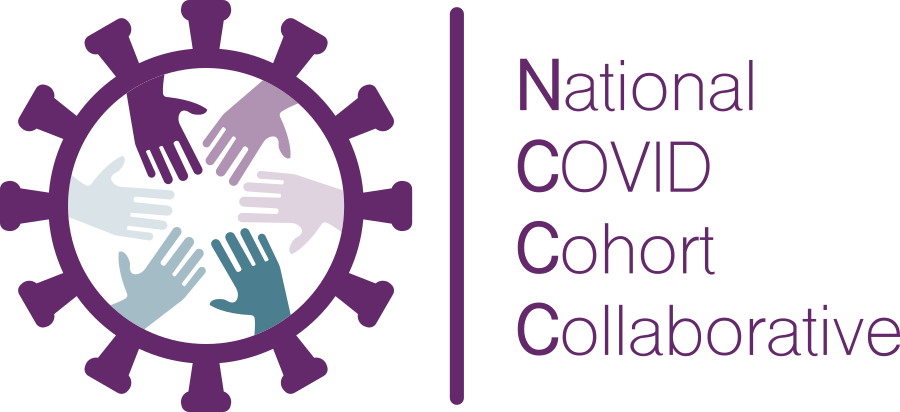CD2H: Harmonizing the Informatics Community
 CD2H: Harmonizing the Informatics Community
CD2H: Harmonizing the Informatics Community
CD2H advances translational research to improve patient care
The National Center for Data to Health (CD2H) accelerates advancements in informatics by using findable, accessible, interoperable, and reusable (FAIR) principles to promote collaboration across the Clinical and Translational Science Awards (CTSA) Program community. CD2H tools and resources make it simple and valuable for CTSA Program members to get engaged, connect with peers, and contribute. By promoting collaboration, CD2H fosters a robust translational science informatics ecosystem that collectively develops solutions to solve clinical problems faster, more efficiently, and more effectively. CTSA Program members are poised to lead this charge by harnessing collective expertise and strengths to solve key informatics challenges. With this team science approach, advancements in translational research can ultimately improve patient care.
The National COVID Cohort Collaborative (N3C)
The National COVID Cohort Collaborative (N3C) is a complementary and synergistic partnership among the CD2H, the CTSA Program hubs, distributed clinical data networks (PCORnet, OHDSI, ACT, TriNetX), and other partner organizations, with overall stewardship by NIH’s National Center for Advancing Translational Sciences. The N3C aims to improve the efficiency and accessibility of analyses using a very large row-level (patient-level) COVID-19 clinical dataset and demonstrate a novel approach for collaborative pandemic data sharing. N3C is a demonstration of how a very large, high-level informatics project can be incorporated as a part of CD2H.










